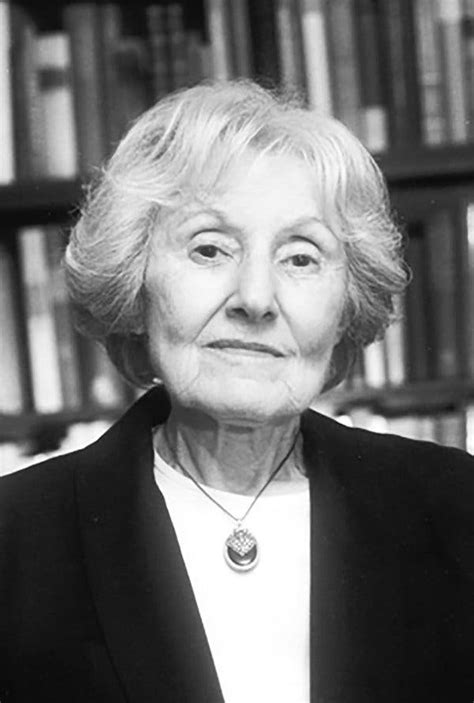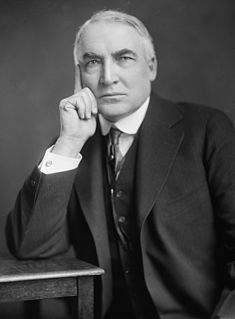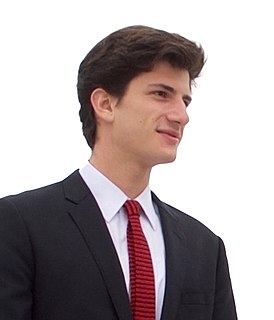A Quote by Philip Schaff
Religion and liberty are inseparable. Religion is voluntary, and cannot, and ought not to be forced. This is a fundamental article of the American creed, without distinction of sect or party. Liberty, both civil and religious, is an American instinct. Such liberty is impossible on the basis of a union of church and state, where the one of necessity restricts or controls the other. It requires a friendly separation, where each power is entirely independent in its own sphere.
Quote Topics
Related Quotes
I believe in a wall between church and state so high that no one can climb over it. When religion controls government, political liberty dies; and when government controls religion, religious liberty perishes. Every American has the constitutional right not to be taxed or have his tax money expended for the establishment of religion. For too long the issue of government aid to church related organizations has been a divisive force in our society and in the Congress. It has erected communication barriers among our religions and fostered intolerance.
There is not a truth to be gathered from history more certain, or more momentous, than this: that civil liberty cannot long be separated from religious liberty without danger, and ultimately without destruction to both. Wherever religious liberty exists, it will, first or last, bring in and establish political liberty.
The issue of religious liberty is absolutely critical. America was founded on three different types of liberty: political liberty, economic liberty, and religious and civil liberty. It's remarkable that, one-by-one, these strands of liberty are coming under fierce attack from the Left. And that's particularly ironic because "liberal" derives from a word which means "liberty," the free man as opposed to the slave. This liberalism which we're saddled with today isn't a real liberalism at all, but a gangster style of politics masquerading as liberalism.
Those who won our independence believed that the final end of the state was to make men free to develop their faculties... They valued liberty both as an end and as a means. They believed liberty to be the secret of happiness and courage to be the secret of liberty... that public discussion is a political duty; and that this should be a fundamental principle of the American government.
As liberty of thought is absolute, so is liberty of speech, which is 'inseparable' from the liberty of thought. Liberty of speech, moreover, is essential not only for its own sake but for the sake of truth, which requires absolute liberty for the utterance of unpopular and even demonstrably false opinions.
The moral principles and precepts contained in the Scriptures ought to form the basis of all our civil constitutions and laws . . . The religion which has introduced civil liberty is the religion of Christ and his Apostles . . . This is genuine Christianity and to this we owe our free constitutions of government.
The separation of church and state is necessary partly because if religion is good then the state shouldn't interfere with the religious vision or with the religious prophet. There must be a realm of truth beyond political competence, that's why there must be a separation of churches, but if religion is bad and a bad religion is one that gives an ultimate sanctity to some particular cause. Then religion mustn't interfere with the state - so one of the basic Democratic principles as we know it in America is the separation of church and state.
Religious institutions that use government power in support of themselves and force their views on persons of other faiths, or of no faith, undermine all our civil rights. Moreover, state support of an established religion tends to make the clergy unresponsive to their own people, and leads to corruption within religion itself. Erecting the 'wall of separation between church and state,' therefore, is absolutely essential in a free society.
Kennedy believed in religious liberty and the separation of church and state. He did not believe in the right of elected officials to impose their religious views on others. He was the first Catholic ever elected president, and he spent much of the 1960 campaign defending his religion and assuring voters he would not take orders from the Vatican.
Liberty is the first condition of growth. Your ancestors gave every liberty to the soul, and religion grew. They put the body under every bondage, and society did not grow. The opposite is the case in the West - every liberty to society, none to religion. Now are falling off the shackles from the feet of Eastern society as from those of Western religion.



































